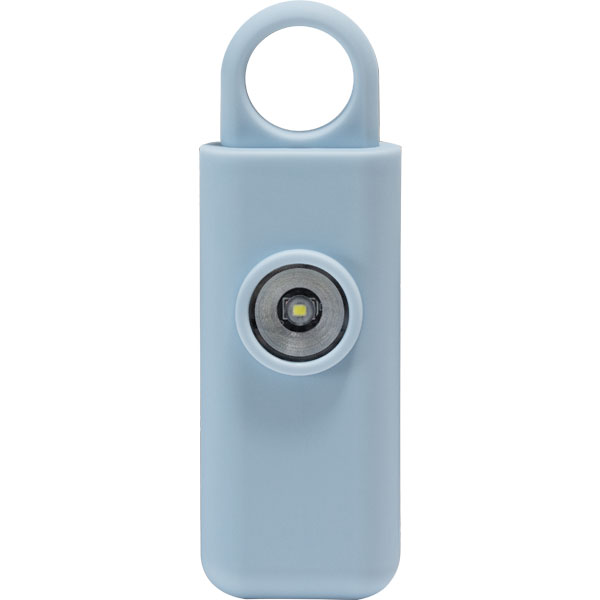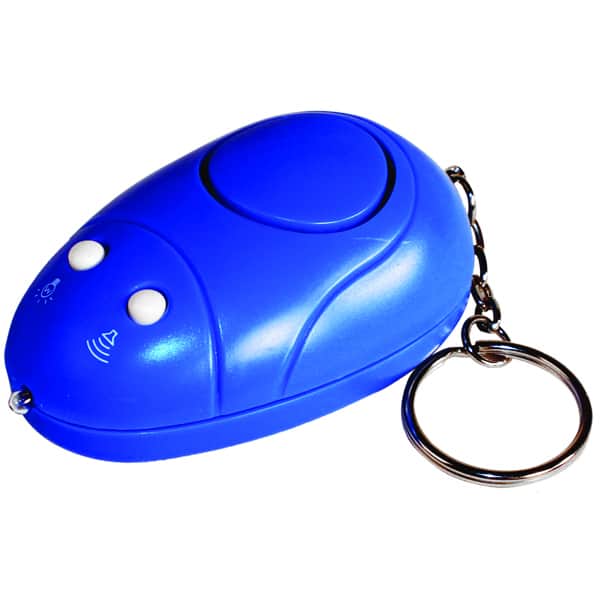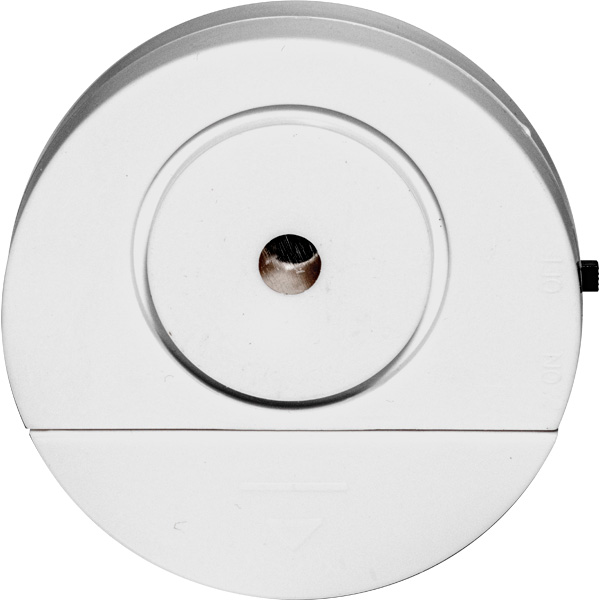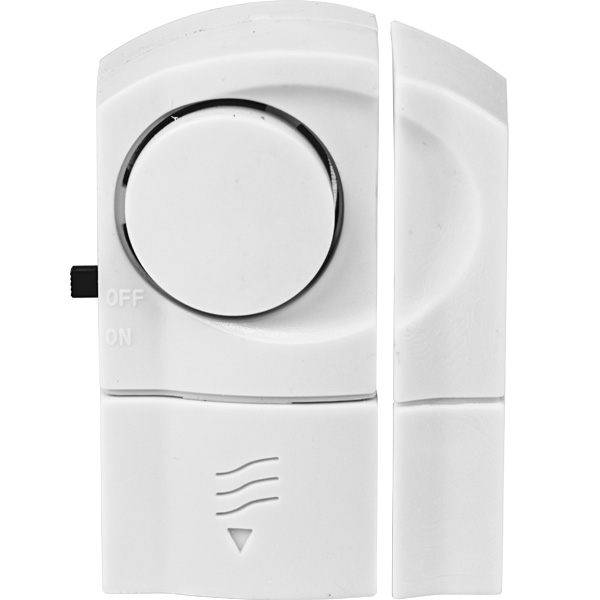
Picture yourself strolling down a bustling city street, lost in your thoughts when you suddenly spot a shadow moving suspiciously close. Moments like this remind us of the importance of staying aware of our surroundings to stay safe.

Developing situational awareness isn’t just about keeping an eye out; it involves using all your senses and being mindful of potential distractions. By honing this skill, you can spot risks before they become serious and make smart decisions to protect yourself.
While having a self-defense tool can make you feel more secure, situational awareness is also vital for personal safety. Being alert to your surroundings and potential threats can help you prevent dangerous situations from escalating and act as an extra layer of protection.
Are you interested in improving your observation skills and moving safely through different environments? Let’s explore some practical techniques and tips.
Situational awareness is the skill of perceiving and understanding your surroundings to ensure active safety. It’s important to stay alert to potential environmental risks. Doing this lets you be one step ahead and make informed decisions that improve your safety.

To begin developing situational awareness skills, be mindful and observant. Continuously scan your surroundings for anything unusual or out of place. Recognizing risks early allows you to address them before they worsen, helping you stay informed about potential hazards.
Understanding situational awareness involves grasping everything that’s happening around you. It’s not just about seeing but also understanding the significance of your observations and predicting future events based on current information. This ability to foresee outcomes helps you effectively manage and reduce risks.
Recognizing the benefits of being observant can greatly enhance your personal safety and decision-making abilities. When you are aware of your surroundings, you are better at spotting potential dangers and steering clear of risky situations. This heightened situational awareness helps you to make quick and effective decisions.
By sharpening your observation skills, you will pick up on details that others might miss, giving you a valuable edge in identifying threats early. This awareness is not just about noticing immediate dangers; it significantly boosts your overall security. When you are consistently observant, you create a mental map of your environment, which assists you in moving safely through different situations.
Increased awareness directly boosts personal safety. It leads to faster response times in emergencies, as you are already tuned in to subtle changes in your surroundings. Being observant isn’t just about seeing what’s there but also understanding what seems out of place. This skill can be the difference between staying safe and encountering harm.
Ultimately, being observant empowers you to live more securely and confidently. By incorporating these practices into your daily life, you will discover that your ability to stay safe and make wise decisions improves significantly.
Practicing mindfulness is key if you want to boost your awareness and take advantage of being observant. Being mindful can help you notice and understand what’s happening around you. Situational awareness is super important – by actively observing your environment, you can spot potential risks and threats early on, keeping yourself safe.
Using all your senses is a great way to improve your situational awareness. Instead of just looking, listen and even touch when needed. Keep scanning your surroundings regularly and note any changes. This will help you stay calm under pressure, which is crucial for identifying risks.
Another useful strategy is to undergo situational awareness training. This kind of training can teach you specific techniques and exercises to enhance your observation skills. For example, practice checking exits when you enter a room or observing people’s behavior to detect anything unusual.
Paying attention to details and actively scanning your surroundings ensures your safety and boosts your overall situational awareness. By following these tips, you’ll find that staying calm and observant becomes a powerful asset in any situation.
When you use your phone while walking, you might not realize how much it affects your ability to stay aware of your surroundings. Texting or scrolling on your phone can make you more vulnerable to dangers and threats because it dramatically lowers your awareness skills.
Studies have found that using your phone can reduce your situational awareness by up to 91% and cut your peripheral vision by 50%. This lack of attention means you’re less likely to see potential hazards or signs of danger around you. So, staying focused and keeping your eyes up while walking is important to stay safe!
Other common distractions that reduce situational awareness include:

When you move through different places, it’s crucial to stay alert and aware of what’s happening around you for your safety. Being aware means spotting potential risks early on, helping you stay safe whether you’re at work, home, or out in public.
Paying attention to your surroundings is key to spotting possible dangers and keeping yourself safe and well.
At home, be vigilant by locking doors and windows and staying alert to any unusual activities in your area. You can also step it up by installing door and window alarms to get notified of any unauthorized entries.
While in public, avoid distractions like your phone, opt for well-lit and busy areas, and walk confidently to discourage potential threats. At work, know where the emergency exits are and be on the lookout for any suspicious behavior to stay informed and ready.
A personal alarm can be vital in keeping you safe in different situations. When you activate it, the alarm makes a loud, attention-grabbing sound that can scare off potential threats and alert others to your location.

This can be especially useful in emergencies like being followed or feeling unsafe in public. The loud noise can surprise an attacker, giving you a chance to escape and get help. It can also attract the attention of others in your situation.
Plus, personal alarms are small and easy to carry, making them a convenient and discreet option to boost your safety. Having a personal alarm can give you a sense of security and empowerment, knowing you have a quick and effective way to signal for help if you’re in danger.
Our daily routines can make us complacent, but consciously observing actively can greatly enhance your situational awareness. Simple actions like looking around, noting where exits are, and watching others’ behavior can make a big difference.
When you’re aware of your surroundings, it’s called situational awareness. You actively perceive and understand what’s happening around you. This skill helps you recognize threats, assess risks, and make informed decisions to enhance your safety.
To train yourself to be aware of your surroundings, juxtapose routine with mindfulness. Engage in observation exercises, practice mindfulness, use all senses, stay informed about risks, and reflect on past experiences to constantly improve your awareness skills.
Pepper Spray Wholesale provides non-lethal self defense products and hidden cameras for you, your loved ones and your home. If you have any questions about the products, do not hesitate to Contact Us. Stay Safe!
Pepper Spray Wholesale
1867 Caravan Trail
Ste 105
Jacksonville, FL 32216
Call us toll free: (800) 859-5566